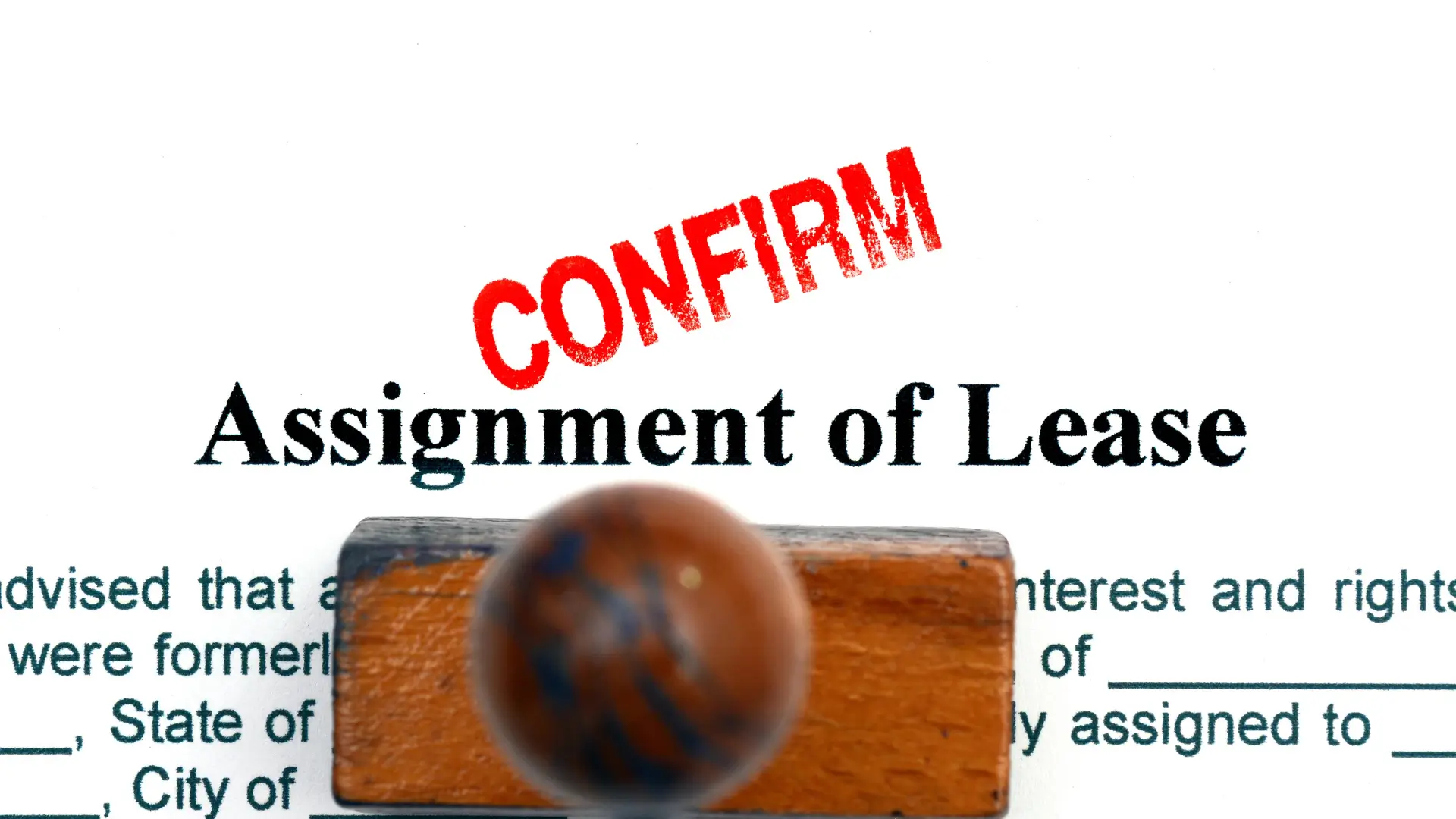
At Hamlin | Cody, we understand the excitement of finalizing a lease assignment. Finding the perfect tenant to take over an existing lease can feel like a win-win situation. But before the celebratory handshakes, a crucial step remains – due diligence.
When dealing with property ownership, due diligence is absolutely essential. This might seem like a formality, but a recent case involving lease assignments and property ownership highlights the critical importance. Before finalizing a lease agreement, the assignee should confirm the assignor’s rights to transfer the property or the lease. Here are some critical points:
- Assessor Parcel Numbers: These unique identifiers pinpoint the exact piece of land involved. Verifying them ensures everyone’s on the same page and dealing with the correct property.
- Legal Description: The Assessor Parcel Numbers help to identify the property, but the legal description is controlling. Depending on the size and nature of the transaction, it may make sense to survey the property to make sure its physical boundaries match the legal description.
- Ownership: This might seem obvious, but surprises can occur. We recently reviewed one lease which included property owned by the city!
Can a Full Title Report Cut Through the Confusion?
A full title report is a valuable tool, but it might not be the silver bullet in a lease assignment scenario. While these reports reveal the ownership history and potential liens on the property, they might not explicitly confirm if the current lessee (tenant) has the legal right to assign the lease.
Without a survey, the title report cannot confirm that the physical boundaries of the property match the legal description. Even with a survey, a title report shows only recorded clouds on title. It will not address the rights of persons in possession of the property through an unrecorded lease.
The Importance of Due Diligence
Imagine finalizing the lease assignment only to discover later that the current lessor had not consented to the transfer or did not have the right to lease the property in the first place. This legal misstep could lead to challenges, delays and expensive lawsuits.
So, how can thorough due diligence prevent such headaches?
Here at Hamlin Cody Law Firm, we recommend these essential steps:
- Verify Assessor Parcel Numbers: Double-check these numbers with official records to ensure you’re dealing with the intended property.
- Investigate Ownership Thoroughly: Conduct a comprehensive investigation into who owns the property. This might involve reviewing public records or directly contacting the listed owner.
- Review the Existing Lease Agreement: Analyze the existing lease agreement to confirm whether the assignment requires a lessor’s consent. Confirm that the lessor had the right to enter into the lease.
- Consider a Title Search: While not always the only solution, a full title search can be a valuable tool in uncovering potential ownership issues that might not be readily apparent.
Don’t underestimate the power of due diligence.
Investing time and resources in thorough due diligence is crucial for protecting your client’s interests during a lease assignment. By verifying seemingly minor details like assessor parcel numbers and ownership, you can avoid major roadblocks.
At Hamlin | Cody, we’re committed to ensuring a smooth and successful transaction for our client. Let our experienced team guide you through the intricacies of lease assignments and help you navigate the due diligence process with confidence. Contact us today at 310-216-2165.
